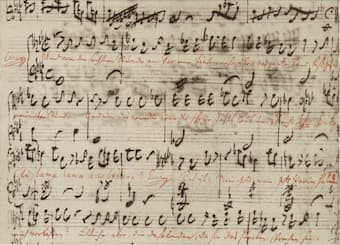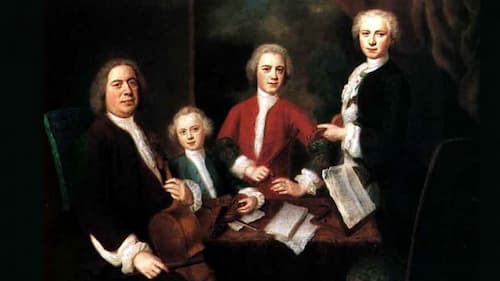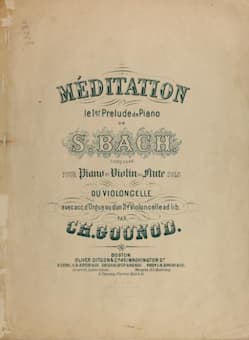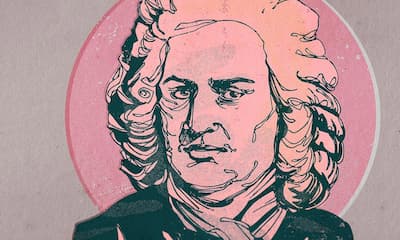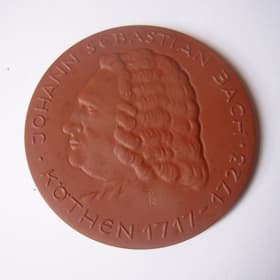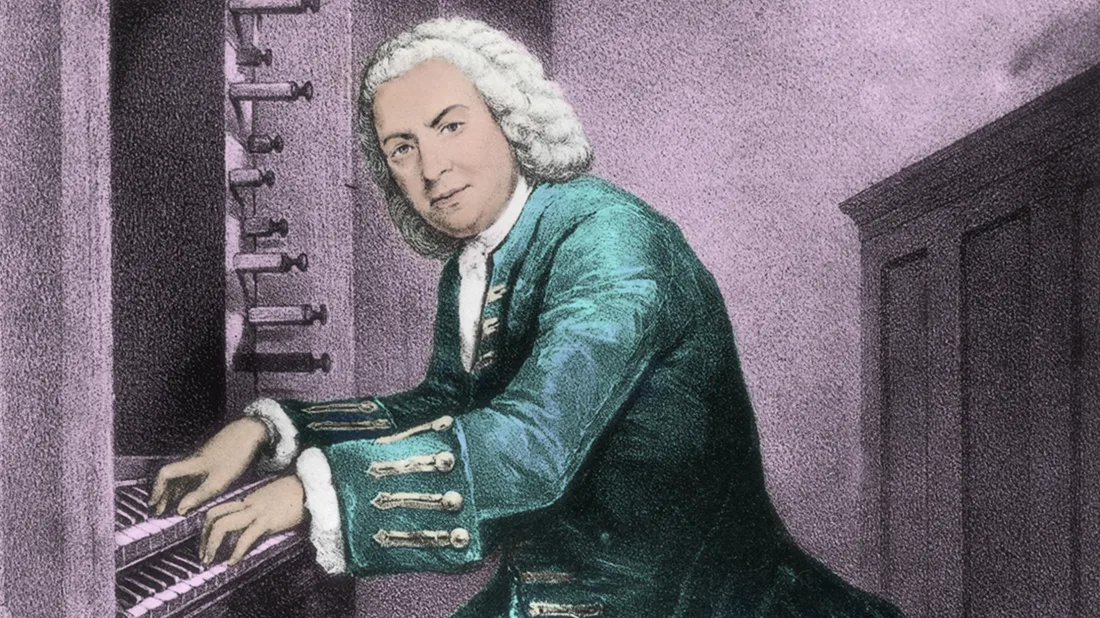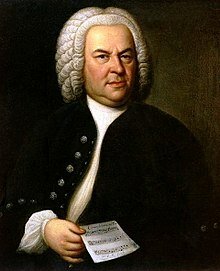I love all kinds and styles of music, but my true love belongs to classical music. Whether it is Liszt or Mozart, Schubert or Handel, Monteverdi or Mahler, the universe of classical music seems endless. Sometimes my schoolmates want to
Bach
Charles Gounod took the first prelude of Bach’s Well-Tempered Klavier and started noodling around on it, and his piano teacher, Pierre Zimmerman, with whom he was studying at the Paris Conservatoire, took note of it. J.S. Bach: The Well-Tempered Clavier,
Of course, Bach didn’t know about Corona. But he certainly knew about hardship, depression, disease and death. In fact, Bach and his family endured extended periods of tragedy and loss. Bach had twenty children by two wives, but ten children
As Benjamin Franklin famously said, “…but in this world nothing can be said to be certain, except death and taxes.” And while the mega rich have long attempted to find ingenious ways of avoiding tax payments, during Johann Sebastian Bach’s
Bach is often considered as the father of Western classical (and popular) music. His influence is great and still resonates today. Through a vast creative output Bach consolidated the rules of rhythm, melody and harmony, as well as improvisation and
For over three centuries, Bach’s music has fascinated both musicians, composers and performers, and listeners. It seems like his music never ages and finds context in each century, generation after generation. Musicians from all genres—from classical to popular music—learn from

